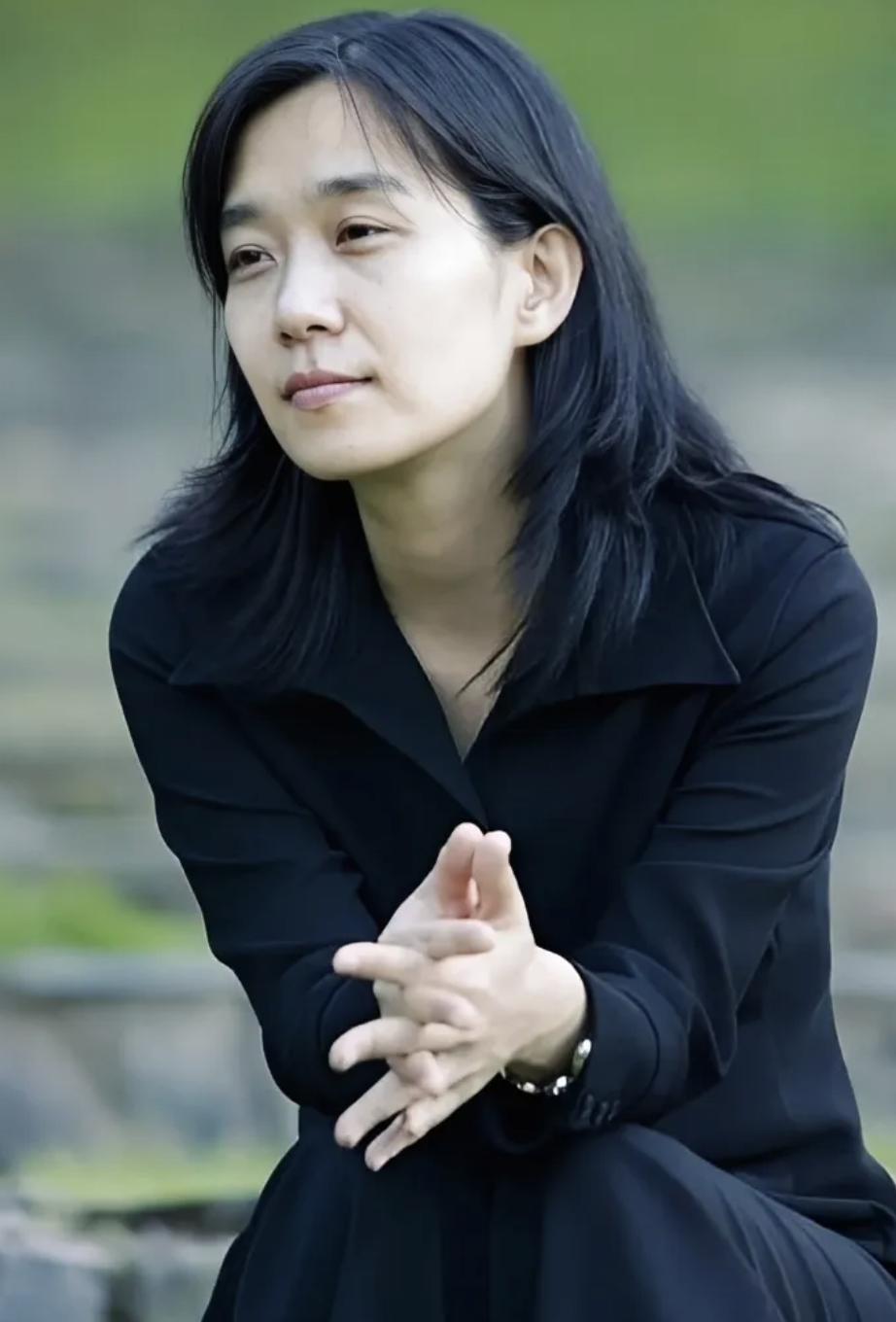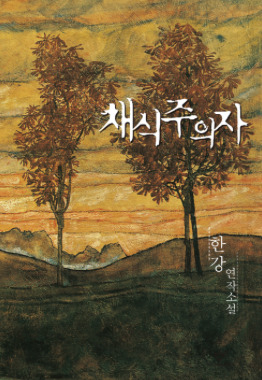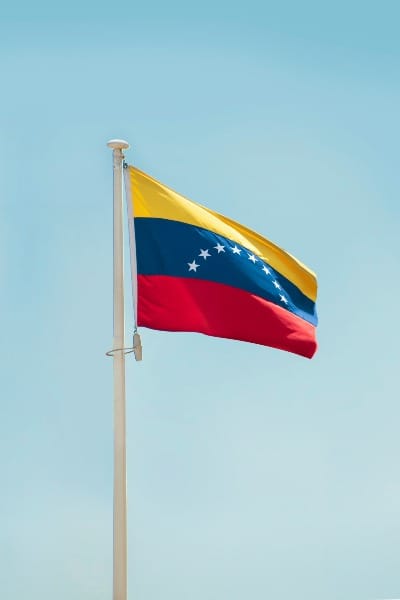South Korea's First Literature Nobel Prize

South Korean author Han Kang won the 2024 Nobel Prize in Literature for her "intense poetic prose that confronts historical traumas and exposes the fragility of human life." She is the first South Korean and the 18th woman to win the Literature Nobel prize. After President Kim Jung, who won the peace prize in 2000, she is the second South Korean to win a Nobel Prize. Her most famous novels include "Vegetarian," and "Human Acts."
Human Acts, set in the city of Gwangju where she grew up, tells the story of a victim during the Gwangju uprising. When Han Kang was nine years old, a massacre of civilians by soldiers in her hometown of Gwangju drastically reshaped the course of South Korean history. Eyewitnesses and survivors of Gwangju were thrilled, hoping it would help bring a previously hidden history to a global audience.
What is the Gwangju Uprising? In mid-May 1980, South Korean society was in the grip of military dictator Jeon Doo-hwan. Students peacefully protested on the streets calling for Jeon Doo-hwan to step down. Soldiers beat, shot, and arrested protesters. At least 166 people were killed by the military, and more than about 2600 people were wounded.
In the story of Human Acts, Park Kang bae was a 17 year old high school student who witnessed this event unfold. Her work focues on the historical traumas, colonial violence, and the "fragility" of humanity.
I think Han Kang's Nobel prize is not only remarkable to South Korea but to the whole world. There are still some places in the world where people are suffering due to violence and traumatic events. Like the Gwangju incident, other dark parts of history can be more recognized and understood. Also, Han Kang's novel will get global recognition for Korean literature and history.





